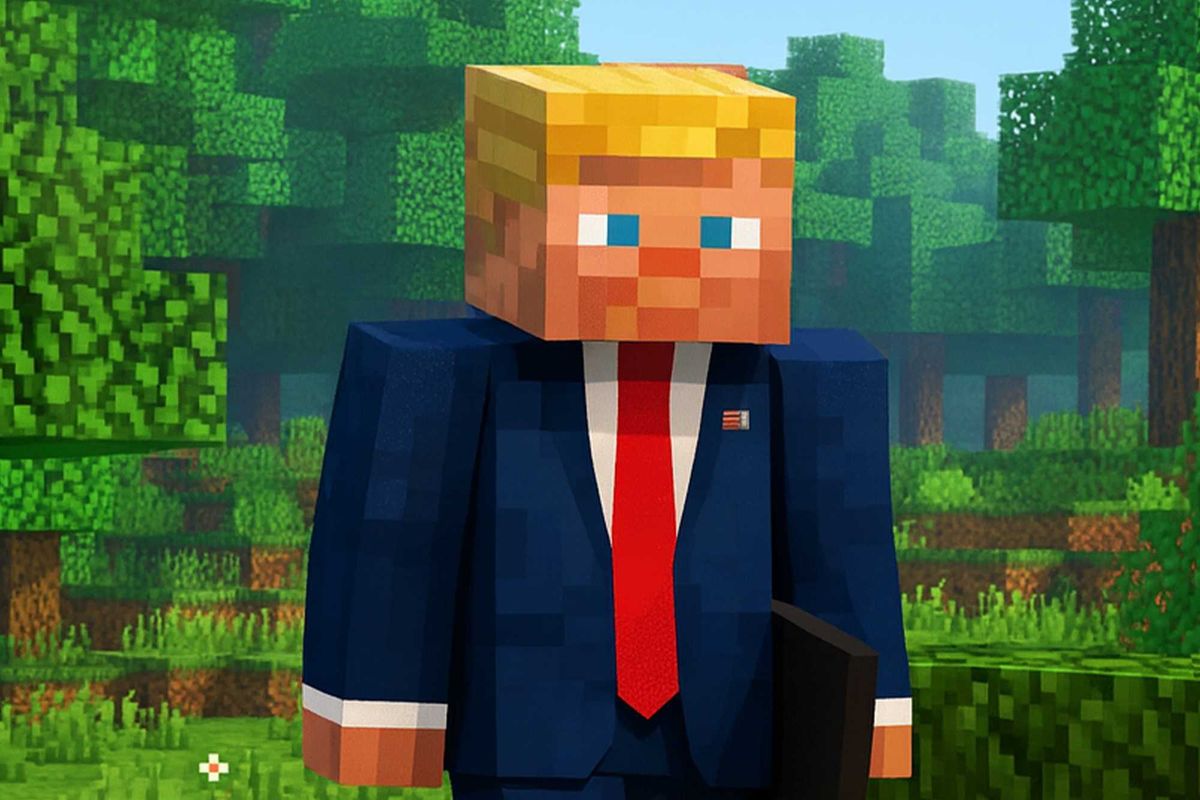News
Louis Dor
Sep 11, 2016

There is a dichotomy between a clichéd writing style and honing in on simplistic, pleasing writing.
Yes, that is an awful introduction, for a number of reasons.
Let's explain why: Harvard cognitive scientist and linguist Steven Pinker explored the most common words and phrases people misuse in his book The Sense of Style.
He identified a number of common mistakes, some of which featured previously in this article (and probably throughout too).
Here are a few of our favourites:
1. Adverse
Means detrimental, not averse or disinclined.
For instance:
There were adverse conditions.
Not:
I'm adverse to that suggestion.
2. Cliché
This is a noun, not an adjective.
For instance:
Writers frequently used clichés.
Not:
This article is so clichéd.
3. Credible
This means believable and does not mean credulous or gullible.
For instance:
The manifesto was not credible.
Not:
The political party took advantage of credulous people.
4. Dichotomy
A dichotomy consists of two mutually exclusive alternatives and does not mean simply a difference.
For instance:
There is a dichotomy between even and odd numbers.
Not:
There is a dichotomy between chocolate bars and snacks containing nuts.
5. Enormity
This means...
extreme evil
...not...
very big.
6. Hone
This means to sharpen, not to surround or encroach upon.
For instance:
I am honing my writing skills.
Not:
I am honing in on my writing skills.
7. Noisome
This actually means...
smelly
...not...
noisy.
8. Parameter
A variable, not a boundary or a limit.
For instance:
The weather forecast is based on certain environmental parameters.
Not:
I am working within the parameters of my budget.
9. Simplistic
This means naïve or overly simple, not pleasingly simple .
For instance:
The answer to my question was simplistic.
Not:
I'm looking for a solution that is simplistic.
Watch the full video, below:
More: Twelve incredibly British phrases the rest of the world doesn't understand
More: Here are 30 of the most bizarre phrases in the English language and what they actually mean
Top 100
The Conversation (0)













